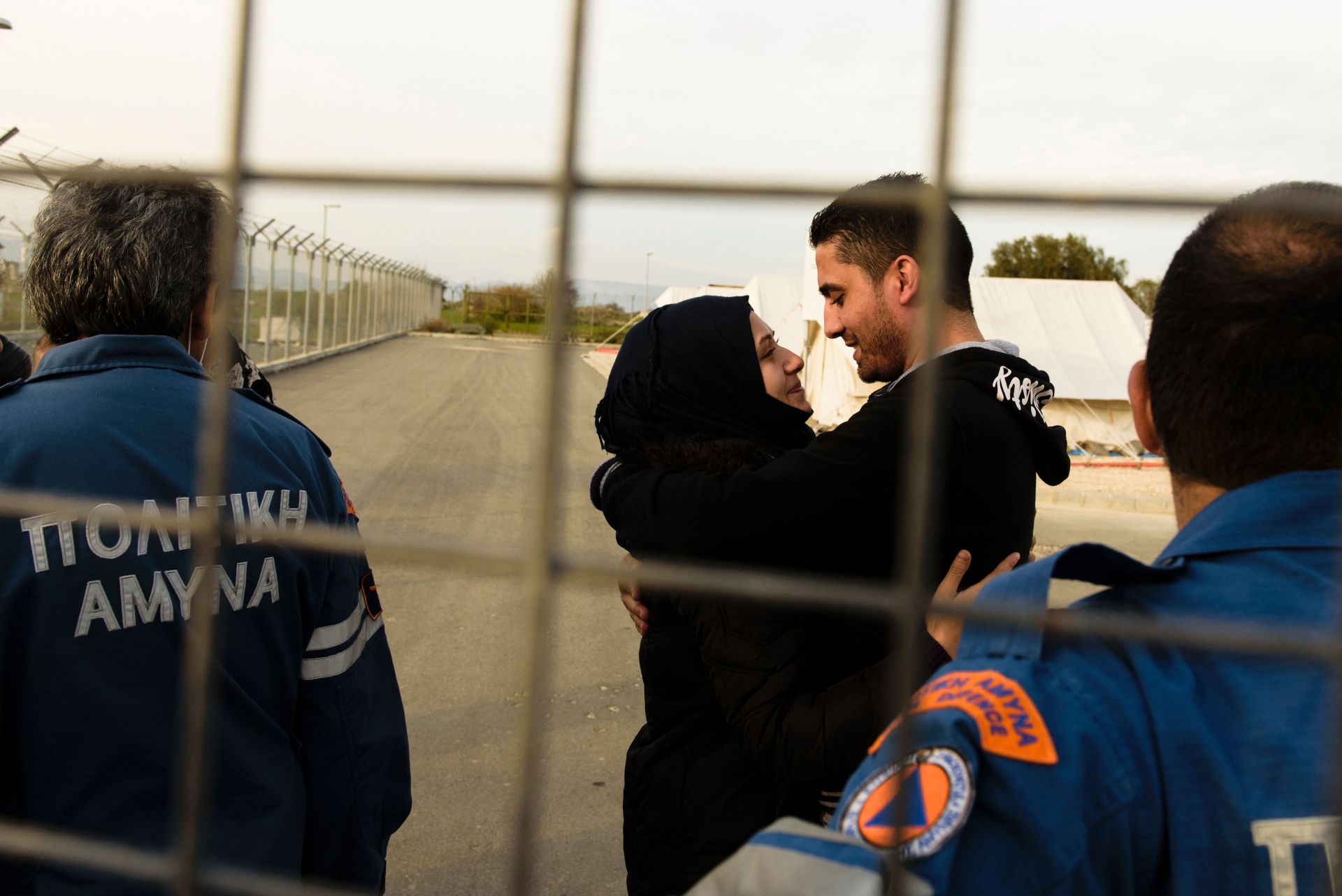Anna Lekas Miller is a journalist covering borders and migration as well as the author of the upcoming book “Love Across Borders: Passports, Papers, and Romance in a Divided World.” She had been reporting from Istanbul at the height of the Syrian Civil War when she met the Syrian journalist who would one day become her husband. The two quickly fell in love. But after he was deported by the Turkish authorities, they were forced to navigate a kafkaesque international system of borders, papers and passports, with no idea what their future together might look like.
“We were very much living in limbo; we did not know where we were going to go,” Miller tells New Lines magazine’s Joshua Martin. “And I was really curious about how people’s relationships do survive and how people do stay together.”

“We were very much living in limbo; we did not know where we were going to go.”
Yet though they rule so many people’s lives today, the systems governing migration were not always so restrictive. It was only during the First World War that the passport as we know it today entered widespread use, she explains, and it was conceived as a wartime security measure. Once the war ended, the League of Nations held a conference to consider its abolition. “It is powerful to imagine what that world might look like,” Miller says. “Instead, things started becoming more and more restrictive.”
Today, she says, those century-old questions are even more urgent than ever. “There are so many more people moving than ever before, and so many reasons that people are being pushed out of their homeland,” she says. Likely foremost among them will be climate change, which threatens to displace millions in the increasingly less-distant future.
“If coastlines are disappearing, and people’s homes are being swept up,” says Miller, “and you’re not allowing them to transit to somewhere to be safe … I don’t see how that’s going to be physically sustainable in the future.”
Produced by Joshua Martin


